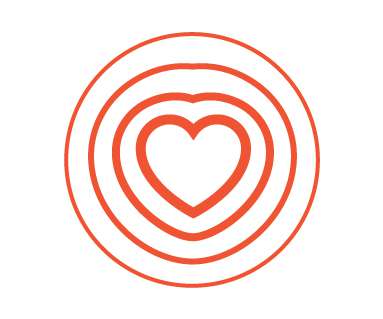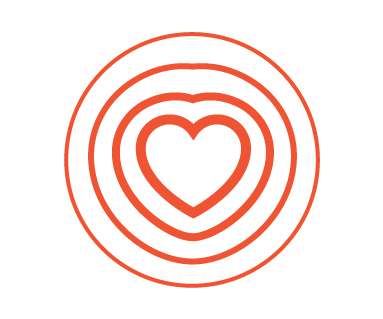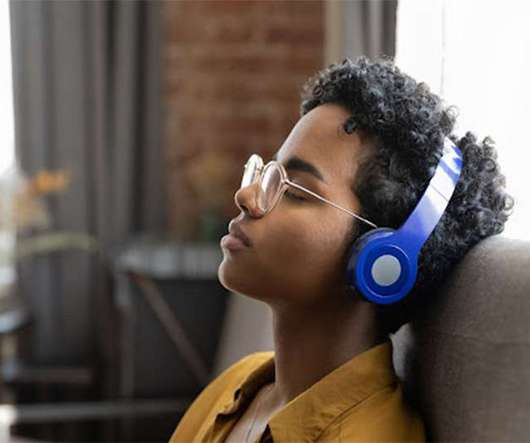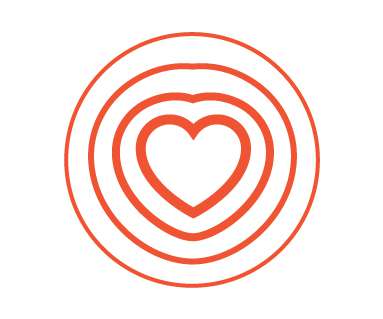Why CES 2022 Will Be Keynoted by a Health Care Executive
Health Populi
OCTOBER 6, 2021
This is an actual intersection of the Internet of Things for Health — a new riff on mobile health/care, literally! As cars grow more connected via Bluetooth like our TVs, autos morph into a third space for health, which I’ve considered here in Health Populi and in some of my futures work with clients.













Let's personalize your content